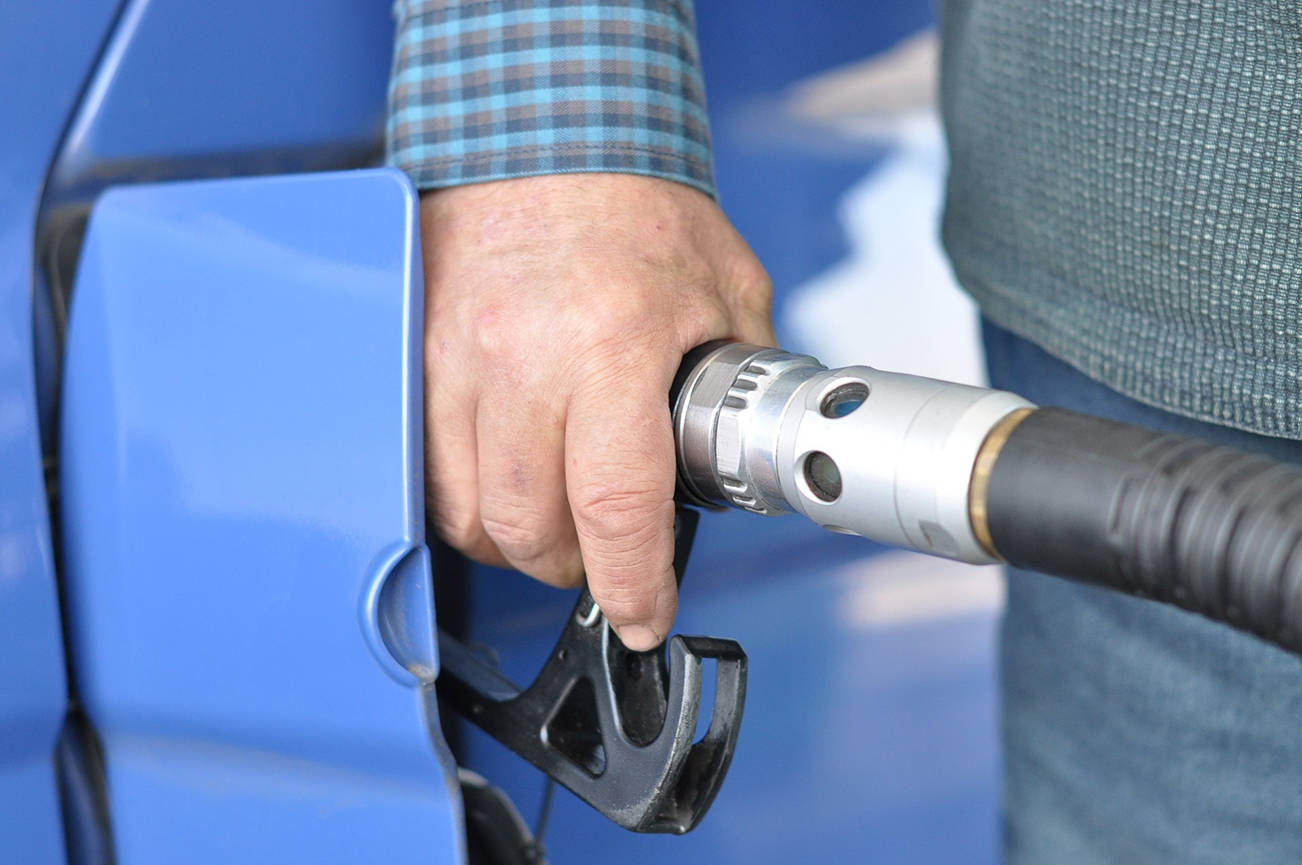By Joseph Claypoole
WNPA News Service
Washington drivers will pay an extra 18 cents per gallon in gas taxes if a new 16-year, $25.8 billion transportation package backed by House Democrats is approved.
The gas tax includes a 3 cent tax increase on diesel as well as a 1 percent increase on sales tax for rental cars. The package, according to legislators and supporters, is focused on the preservation and maintenance of existing state transportation systems.
The Columbia River bridge connecting Portland to Washington, the US Highway 2 trestle and the removal of culverts to unblock fish passages are the key projects funded by the proposed plan.
Rep. Jake Fey, D-Tacoma, and other legislators on his committee conducted 90 meetings with stakeholders across the state, making a point to include communities affected by the projects.
House Republicans seem baffled that they weren’t included in those meetings.
“The spirit of bipartisanship was set aside when my Republican colleagues and I weren’t asked to have a seat or a voice at the table,” Rep. Andrew Barkis, R-Olympia, said.
Barkis is the ranking Republican on the House Transportation Committee. His largest concern was the timing of the taxes.
Fey said imposing taxes is always difficult, but transportation projects need funding now. Without approval, the state will have to start cutting projects.
Rep. Bill Ramos, D-Issaquah, also discussed partnerships with the Office of Minority and Women’s Business Enterprises and the Washington State Department of Transportation to further bridge the equity gap within the transportation sector creating and certifying more contractors across the state.
“These investments will create thousands of jobs, well-paid jobs,” Fey said.
Highlights of the package include $4.6 billion going toward maintenance and preservation projects, $6.7 billion toward state and local projects and another $2.5 billion set aside for carbon reduction investments. Carbon reduction investments include an incentive program that would reduce the sales tax on electric vehicles and investments on electric vehicle charging.



